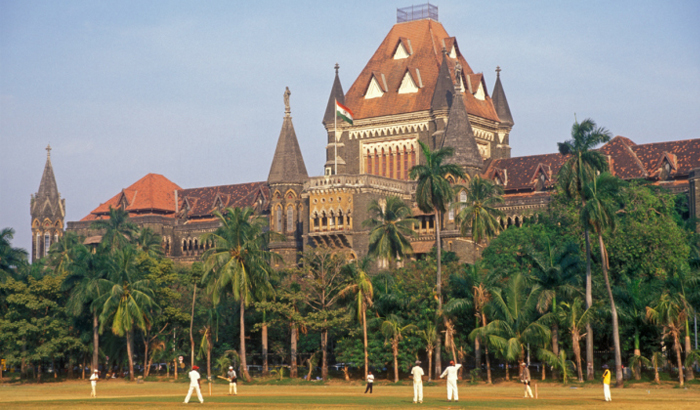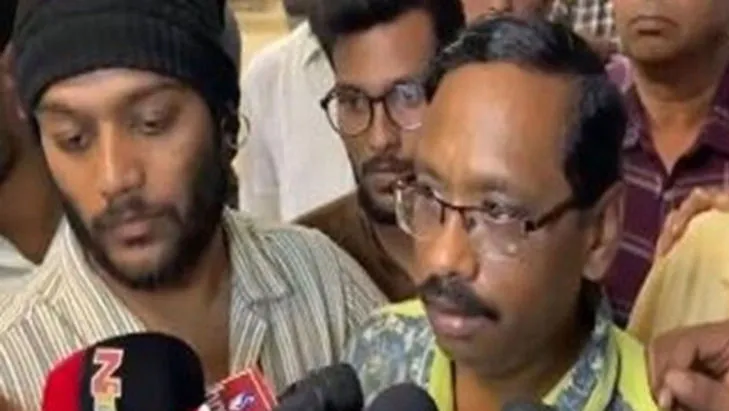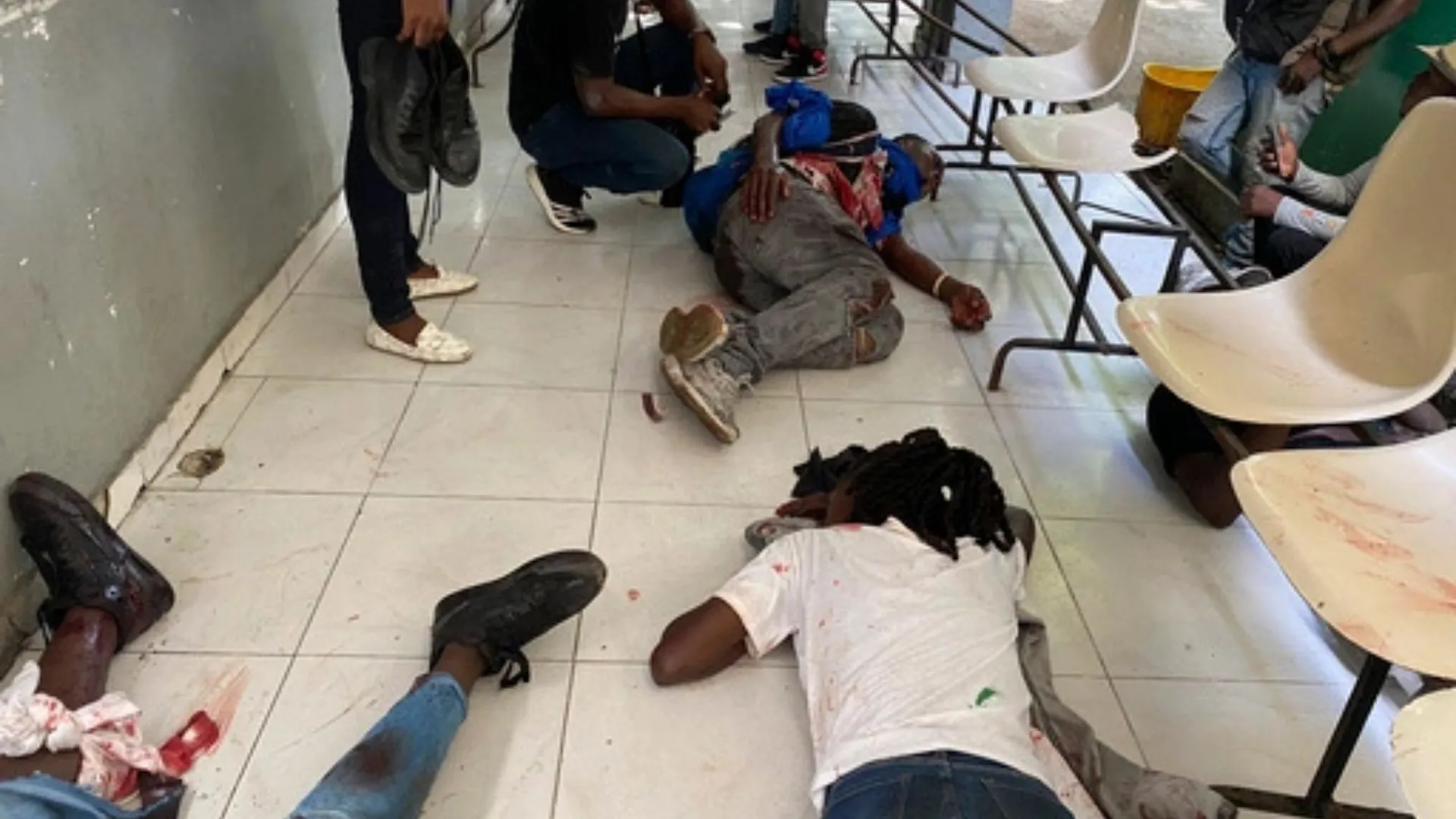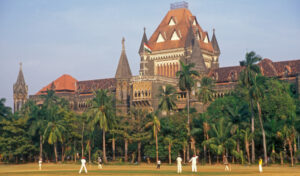While not leaving even a scintilla of doubt to linger in the mind of any person, the Bombay High Court in a most learned, landmark, logical, laudable and latest judgment titled Bharat Petroleum Corporation Ltd vs XYZ & Ors. in Writ Petition No. 1715 of 2013 With Writ Petition No. 641 of 2015 and cited in Neutral Citation No.: 2023:BHC-OS:13841 that was reserved on October 10, 2023 and then finally pronounced on November 28, 2023 has minced just no words to observe unequivocally that, in disciplinary proceedings, it is necessary to have the highest standard of proof for considering the evidence placed on record when a serious act is involved. It must be mentioned here that the Court was considering a petition that had been filed by the Bharat Petroleum Corporation Limited challenging the Awart Part-I issued by the Central Government Industrial Tribunal. It also must be noted that the Single Judge Bench comprising of Hon’ble Mr Justice Milind N Jadhav minced just no words to make it absolutely clear in no uncertain terms stating that, “In the present case, where a serious act is involved it is all the more necessary to have the highest standard of proof for considering the evidence placed on record.”
At the very outset, this brief, brilliant, bold and balanced judgment authored by the Single Judge Bench comprising of Hon’ble Mr Justice Milind N Jadhav sets the ball rolling by first and foremost putting forth in para 1 that, “Writ Petition No.1715 of 2013 is filed by the Bharat Petroleum Corporation Limited (employer) (for short “Corporation”) taking exception to the Award Part-I dated 11.03.2013 passed by the Central Government Industrial Tribunal No.2, Mumbai (for short “CGIT”) in Reference No. CGIT-2/63 of 2010. Originally it was filed against – Respondent No.1 (contesting Respondent). In the interregnum, Respondent No.1 expired on 24.12.2017. Hence, his legal heirs i.e. Respondent No.1(a) (widow) and Respondent No.1(b) (daughter) have been impleaded. After filing of the above petition, original Respondent No.1 i.e. the employee filed Writ Petition No.641 of 2015 partly challenging the Award Part-I dated 11.03.2013 i.e. the same Award passed by CGIT-2 to the extent of holding that the departmental enquiry conducted by the Enquiry Officer was fair and proper.”
Of course, the Bench then specifies in para 2 that, “Both the Writ Petitions are decided by this common judgment and order.”
To put things in perspective, the Bench envisages in para 3 that, “Such of the relevant facts which are necessary for adjudication of the Writ Petitions are outlined herein under:-
3.1. Petitioner – Corporation is a Government Company engaged in the business of refining and marketing of petroleum products having one of its refineries at Mahul, Mumbai. Original Respondent No.1 was employed in Grade-7 capacity with the Petitioner – Corporation and had joined the services of the Petitioner on 16.08.1985. He was working as a General Operative in the Refinery Learning Centre of the Petitioner – Corporation at the time of incident.
3.2. Report dated 23.12.2008 was filed by 3 officers of the Petitioner – Corporation alleging that original Respondent No.1 was found indulging in an unnatural sexual act with a dog on the first floor of terrace of the Refinery Learning Centre Building. It was stated in the report that the 3 officers had seen the original Respondent No.1 committing the act at about 01:25 p.m. on 23.12.2008.
3.3. Considering the seriousness of the misconduct alleged, the Petitioner – Corporation suspended original Respondent No.1 by order dated 29.12.2008. Chargesheet was issued to original Respondent No.1 on 14.01.2009 charging him for committing an indecent act of disorderly behavior in the premises of the Petitioner – Corporation which constituted a serious act of misconduct under the Certified Standing Orders.
3.4. Original Respondent No.1 filed reply to the chargesheet denying the allegations leveled against him. Departmental enquiry was initiated. The Petitioner – Corporation appointed Mr. Chetan Prabhu, Advocate as Enquiry Officer to hold and conduct enquiry against original Respondent No.1. Enquiry proceedings commenced from 25.02.2009. Original Respondent No.1 appointed Mr. M.S. Masavkar, Vice President of the Bharat Petroleum Corporation Refinery Employees Union as his defence representative.
3.5. In the enquiry proceedings before the Enquiry Officer, the Petitioner – Corporation examined 3 witnesses namely: (i) Mr. S.P. Gharat, Manager, Refinery Learning Centre; (ii) Mr. R.V. Sadanand, Dy. Manager, Refinery Learning Centre and (iii) Mr. R.V. Chalam, Dy. Manager, Training and Development who testified that they all witnessed the incident. On behalf of original Respondent No.1, he examined himself and another witness namely Mr. P.R. Shilwant. After witness action was over before the Enquiry Officer, on the basis of the evidence led in the enquiry and the documents and written arguments put forth by the parties, the Enquiry Officer submitted his Enquiry Report and findings dated 28.04.2009 holding the original Respondent No.1 guilty of the charges levelled against him.
3.6. Copy of the Enquiry Report and findings were forwarded to original Respondent No.1 to which he submitted his representation on 04.06.2009 denying the charges. The General Manager of the Petitioner – Corporation after considering the Enquiry Report and findings of the Enquiry Officer and the representation received from original Respondent No.1 accepted the report and findings of the Enquiry Officer. The Disciplinary Authority by its order dated 18.06.2009 dismissed original Respondent No.1 from the services of the Petitioner – Corporation. Original Respondent No.1 filed Appeal against the order of dismissal before the Appellate Authority i.e. the Executive Director (HR). By order dated 14.08.2009, the Appellate Authority dismissed the said Appeal. Original Respondent No.1 thereafter raised a demand for his reinstatement with full backwages. Conciliation resulted in failure and the appropriate Government Officer referred the dispute raised by original Respondent No.1 for adjudication to the CGIT.
3.7. Statement of claim dated 28.12.2010 was filed by original Respondent No.1 denying all charges levelled against him stating that the enquiry held was against the principles of natural justice and the findings were perverse. The Petitioner – Corporation filed its written statement in reply to the statement of claim stating that original Respondent No.1 had participated in the enquiry proceedings fully and the charges leveled against him were duly proved pursuant to the witness action and in view of the seriousness of the charges/misconduct, original Respondent No.1 did not deserve any sympathy.
3.8. The CGIT by its order dated 11.03.2013 framed the following two preliminary issues namely; (i) whether the enquiry conducted was fair and proper? (ii) whether findings of the enquiry were perverse?
3.9. Before CGIT, the Petitioner – Corporation examined the Enquiry Officer i.e. Mr. Chetan Prabhu who filed his Affidavit-in-lieu of Examination-in-chief dated 20.10.2011. He was duly cross-examined by the Advocate for original Respondent No.1.
3.10. The CGIT by Award Part-I dated 11.03.2013 held that the enquiry was fair and proper, however the findings of the Enquiry Officer were perverse.
3.11. Being aggrieved, the Petitioner – Corporation filed Writ Petition No.1715 of 2013 on 08.07.2013 to challenge the Award Part-I on the ground that while concluding that the findings of the Enquiry Officer are perverse, the CGIT applied the strict rules of evidence contrary to the settled principles of law applicable to the domestic enquiry and held that in the absence of a police complaint against original Respondent No.1 for committing the offence under Section 377 of the Indian Penal Code, 1860, the findings of the Enquiry Officer were perverse.
3.12. On 02.03.2015, original Respondent No.1 filed Writ Petition No.641 of 2015 to the extent that it held that the departmental enquiry conducted by the Petitioner – Corporation against original Respondent No.1 – workman on the basis of the chargesheet dated 14.01.2009 was fair and proper. The principal ground for filing the Petition by original Respondent No.1 was that the enquiry was not concluded in a fair and proper manner and contrary to the principles of natural justice, that it was biased since the Enquiry Officer was an Advocate appointed by the Petitioner – Corporation on payment fees by the Petitioner – Corporation to him etc.
3.13. During the pendency of the above Petitions, Respondent No.1 – expired on 24.12.2017. By orders dated 22.11.2022 and 13.12.2022 the legal heirs of original Respondent No.1 were brought on record.”
Do note, the Bench notes in para 7 that, “At the outset, it needs to be stated that according to the Petitioner – Corporation, original Respondent No.1 was suspended and compulsorily retired from services as he was found indulging in committing an indecent act with a stray dog on the first floor terrace of the Refinery Learning Centre on 13.12.2008 during the lunch hour. Though it is argued by Petitioner – Corporation that the officers of the Petitioner – Corporation are independent witnesses and have no enmity with original Respondent No.1 whatsoever, the present case has to be viewed through the prism of appreciation of available evidence only. The charges levelled against the original Respondent No.1 are extremely serious. Record indicates that due to the said charges, original Respondent No.1 and his family have suffered a stigma as argued by the learned Advocate for the legal heirs of original Respondent No.1.”
Most significantly, the Bench underscores in para 22 what also constitutes the cornerstone of this notable judgment wherein it is postulated that, “From the above and reading the same alongwith the evidence and cross-examination of the 3 witnesses of the Petitioner – Corporation, it is discernible that the findings arrived at by the Enquiry Officer of indicting the original Respondent No.1 are not proved and considering the evidence on record the same are found to be perverse. In the present case, where a serious act is involved it is all the more necessary to have the highest standard of proof for considering the evidence placed on record.”
As a corollary, the Bench then holds in para 23 that, “Hence, while agreeing with the Award Part-I to the extent that the enquiry held by the Enquiry Officer was fair and proper, I find no reason to interfere with the findings returned by the Enquiry Officer that findings of the Enquiry Officer are found to be perverse.”
Adding more, the Bench directs in para 24 that, “The impugned Award Part-I does not call for any interference and the same is sustained. Consequentially the Writ Petition fails. In view of the above, Writ Petition No.1715 of 2013 is dismissed.”
Further, the Bench then directs in para 25 that, “In view of the reasoned judgment and order passed in Writ Petition No.1715 of 2013 dismissing the Writ Petition, since I have held that the enquiry was fair and proper and agreed with the findings returned by the learned CGIT, Writ Petition No.641 of 2015 is dismissed.”
In addition, the Bench also directs in para 26 that, “Interlocutory Applications, if any, are also dismissed.”
Finally, the Bench then concludes by holding in para 27 that, “Writ Petition No.1715 of 2013 and Writ Petition No.641 of 2015 are disposed.”
All told, it is thus made indubitably clear by the Bombay High Court that serious act requires highest standard of proof. It was thus very rightly held by the Court that the findings arrived at by the Enquiry Officer were not proved and considering the evidence on record, were found to be perverse. No denying it!








